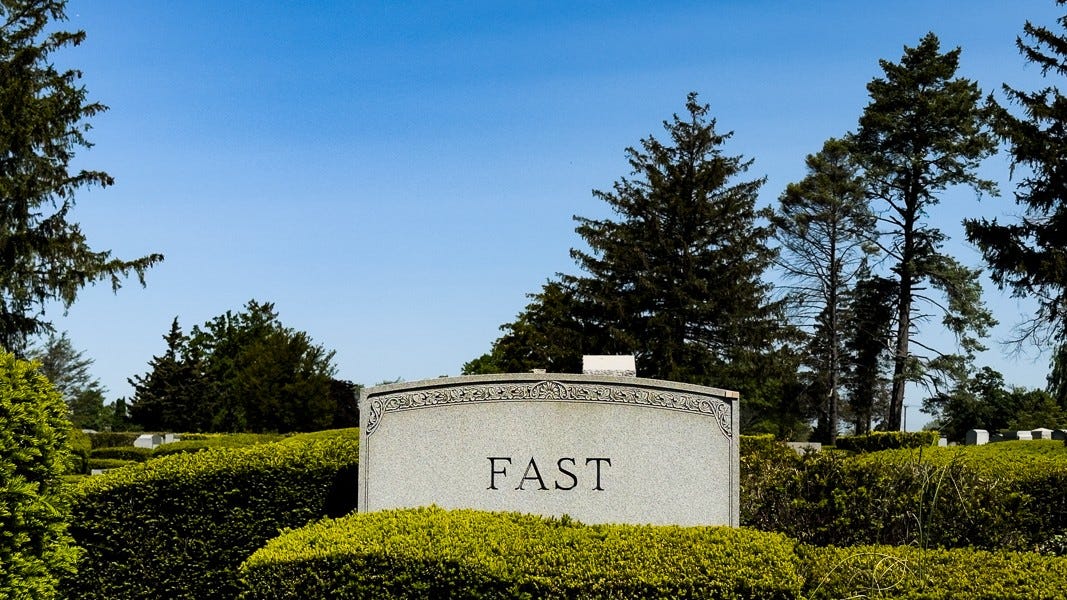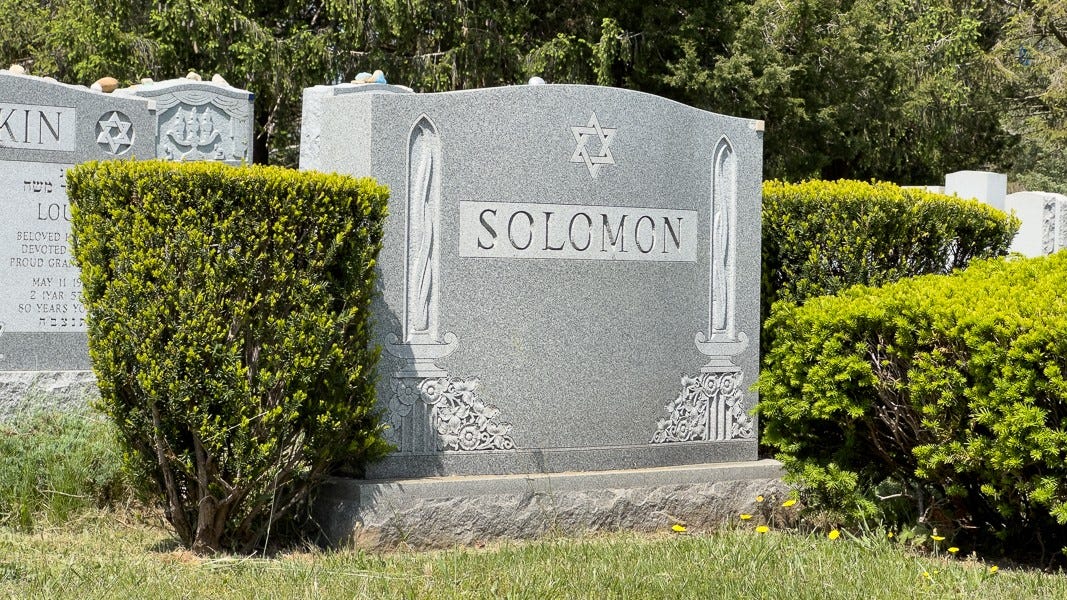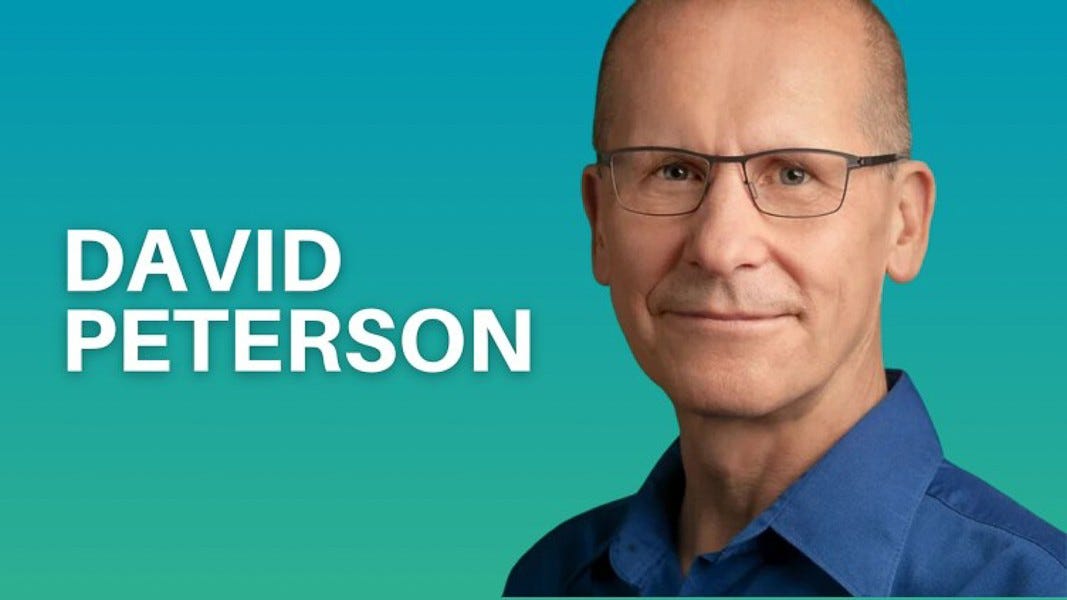Week 23.20 Death and Exits
This week brought the sad news of the passing of two dear people – David Peterson, one of our beloved 100 Coaches members, and the father of one of my very close friends. Each individual was a giant who overcame immense odds to live their lives to the fullest. The passing of cherished friends and loved ones, who have inspired us with their remarkable lives, offers the opportunity to reflect on their journeys and find deeper meaning for ours. Some say that each of us lives on forever in the lives of those we influence and in the memories of those whom we love and were loved by. I'd like to share a little about these two men with you so that their impact and influence will extend longer and further.
David Peterson was a lion of an individual who began with humble beginnings, which, like everything in his life, he transcended with gusto. He grew up in rural Wisconsin but always imagined the larger world beyond his own, fueled by his voracious reading. He imagined places he never thought he would see, such as New York, London, or Paris. Eventually, he traveled to all these places and so many others. More significantly, that same imagination that fueled his dreams of adventure drove his exploration of the human mind and spirit, making him one of the world's leading coaches and distinctive thought leader in the industry. He was one of the first 25 people Marshall selected as we were developing the 100 Coaches community, and it was a prescient choice as David’s spirit has animated our community ever since. My fondest memories of David include watching him on the trapeze for the first time, flying with the spirited elation of a child, and witnessing, in amazement, his exuberant presentation of the snow leopard. Radiating with life, David's absence will undeniably leave our lives feeling less full.
My close friend Marc Schiller lost his father this week. At the funeral today, I learned about Martin Schiller and how he lived, and it inspired me to live better. Born in Poland, he was a survivor of the Holocaust, one of the last of that generation. Some who survived lived with anger and resentment evermore; others who survived shielded themselves and those around them from experience, removing it from discussion or memory. Martin was different; he chose to live each day to the full. I heard from the inspiring eulogies that Martin lived a life full of gusto, paying attention to details while celebrating the grandeur of life. He was a talented cantor who could lift the spirit of an entire room in song and prayer. He wrestled with the meaning of tragedy and the possibility of the void, while simultaneously celebrating the glory of the magnificence of life. He held the contradiction of the tragedy of the Holocaust and the majesty of life, not something to be solved but rather an integral tension that generates new life and ideas. He was creative and ever-present in the lives of those who knew him. As he might have observed: a unique nanoparticle in an expansive world.
These two losses have put a finer point on a frequent topic in my communities - exits and transitions. It may be a post-pandemic hangover; I have noticed that many conversations explore feelings of stagnation, desire for change, or thinking of how they want to be remembered. A corollary to "dance like nobody's watching" might be "live how you want to be remembered." It is never too early to think about legacy. In a dinner conversation with Mike Sursock just a couple of weeks ago, he shared about when he took a good look at his life and realized that with a decade of high level of activity left, he wanted to spend less of that time working. So he drastically reduced his working hours and is now focusing on activities and relationships that bring him joy and meaning.
There was an era when longevity in a single job or career was the norm. Today, such longevity is uncommon and perhaps even undesirable. The pace of societal change is accelerating, yet as the narratives of David and Martin demonstrate, the capacity to surmount challenges, undergo profound transformations, and achieve unimagined heights is an enduring part of the human condition. We have the opportunity to honor and uplift those we love and lead both through our lives and leadership. We are encouraged to aspire for more in our own lives, harmonizing the awe-inspiring enormity of life with the humbling fact that our existence is but a minuscule fragment in the vast universe. Two things are unavoidable in life–death and exits. Fortunately, we can choose how we live and to become how we want to be remembered.
In Memoriam by Whitney Johnson
This past week, my friend, colleague, and coach, David Peterson, passed away. David had a storied career, including being the Director of Executive Coaching and Leadership at Google for many years and the Chief Transformation Officer at 7 Paths Forward. We connected as members of the original Marshall Goldsmith 100.
He wanted to be a scientist until he wanted to be a rockstar, and he wanted to be a rockstar until he realized he didn’t have the talent. But music was always a great love, and influence. In more recent years, he realized that all the music he listened to was familiar and beloved. So, he started listening only to music new in the last few months. In that way, he discovered amazing musicians previously unknown to him and many songs he liked, but also many he didn’t. But the exercise was fulfilling and satisfied his curiosity and also his desire to be learning and growing, never stagnant. I could say more, of course. I hope you’ll visit or revisit David’s podcast episode in memory of this really good man. He had other very valuable things to say about leadership, life, and personal growth.
6 Key Levers of a Successful Organizational Transformation by Andrew White, Michael S. Wheelock, Adam Canwell, and Michael Smets
Disruption used to be an exceptional event that hit an unlucky few companies — think of the likes of Kodak, Polaroid, and Blackberry. But in today’s complex and uncertain world, as we face challenges ranging from climate change to digitization, geopolitics to DEI, organizations must treat transformation as a core capability to master, as opposed to a one-off event. Transformations are extremely difficult on a personal level for everyone involved. In the successes we studied, leaders not only made sure their teams had the processes, resources, and technology they needed — they also built the right emotional conditions. These leaders offered a compelling rationale driving the transformation, and they ensured employees had the emotional support they needed to execute. This meant that when the going inevitably got tough, employees felt appropriately challenged and ultimately energized by the stress.
All transformations are tough. Even during successful programs, there will come a time where people start to feel stressed. The skill at this difficult stage is being able to energize your workforce and turn that heightened pressure into something productive, as opposed to letting the transformation spiral downward into pessimism and underperformance. What we saw throughout our research is that leaders who are truly working with their employees are much more successful. They acknowledge and manage emotions, rather than pushing them aside or ignoring them. The best leaders create vision across the organization and a safe environment to work together and listen to each other.
The Secret To Getting Ahead At Work: Ask For Help by Ruth Gotian, Ed.D., M.S.
Shifting priorities and maturity have allowed us to expand our views on mentoring. It is no longer for the chosen few - those in the C-suite or destined for the corner office. What has remained at its core is what Dr. Kathy Kram refers to as a mentor’s two functions— career advancement and psychosocial support. But who provides that support and how it is delivered has changed. The traditional hierarchical model of mentoring, too often driven by a boss or someone in a senior role, is grossly outdated and severely limiting. Now, people can tap into entire networks of diverse groups from the various facets of their lives - school, work, houses of worship, etc. What we do know is that to succeed, you need to have a mentor, coach, and sponsor.
Some might argue that they don’t need mentoring because they are “already where they want to be.” Why limit yourself to where you are, when you don’t fully understand or know what is possible? In short, you don’t know what you don’t know In her latest book, Mentor, Coach, Lead, Laurie Baedke shares “It’s not cheating or a shortcut to seek out some help... Enlisting an ally to gain a promotion or position does not mean it was less earned.”
With love, wonder and gratitude. Scott













